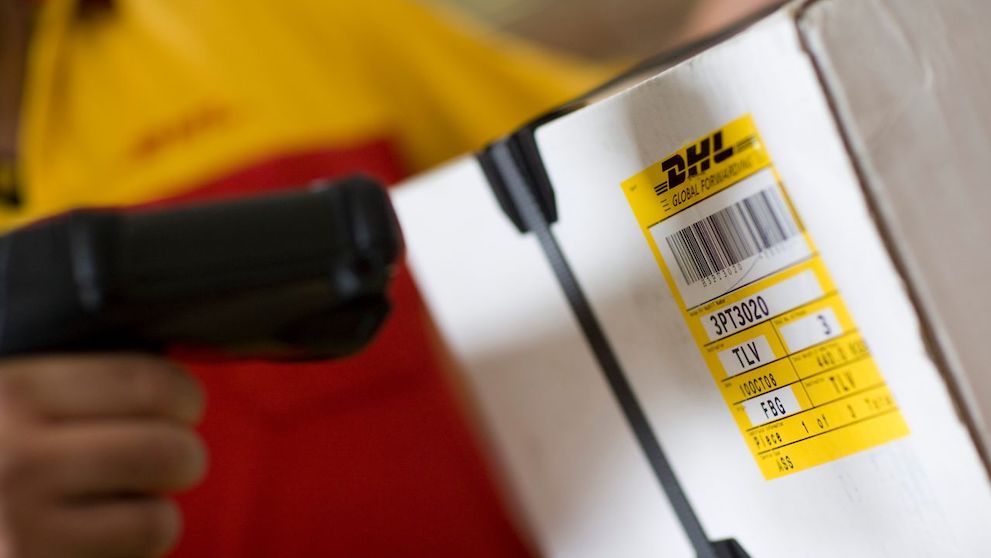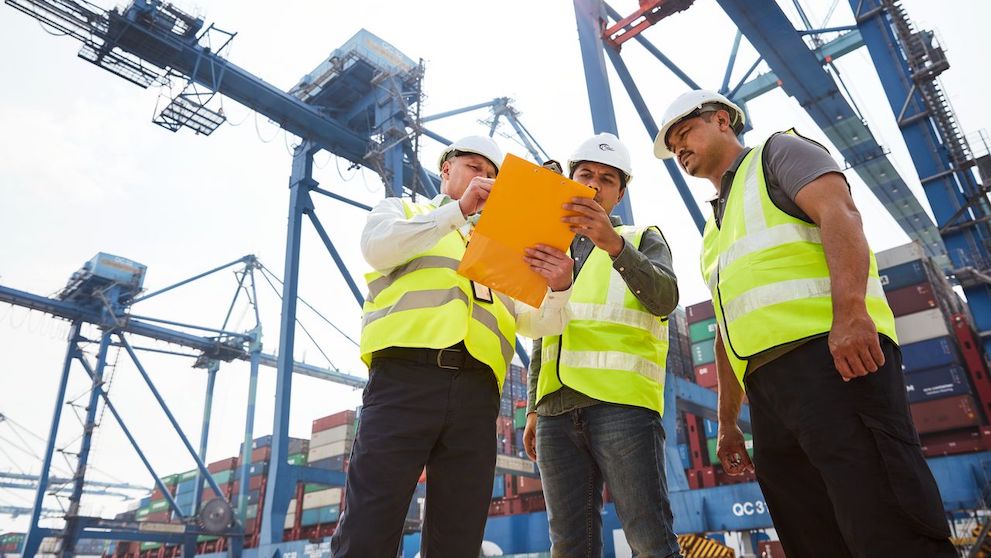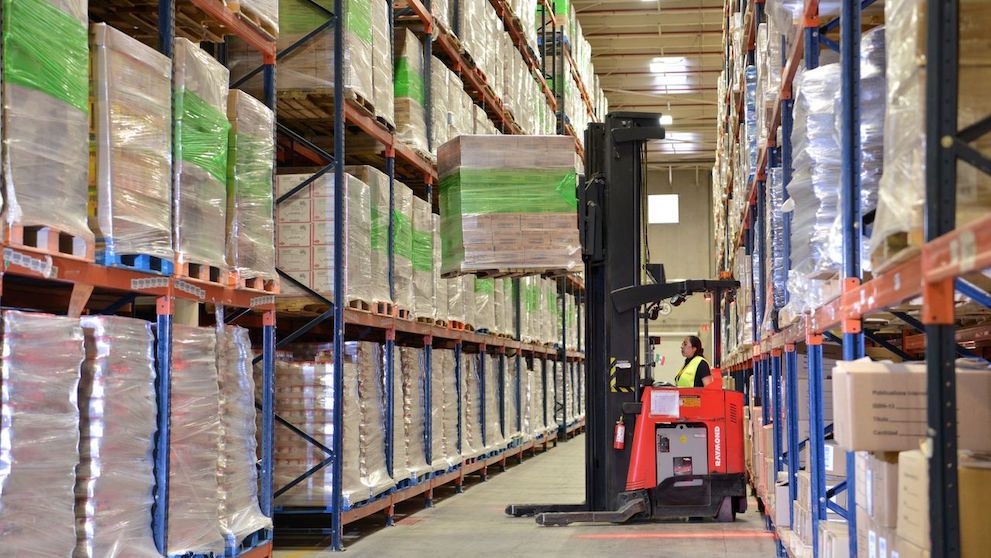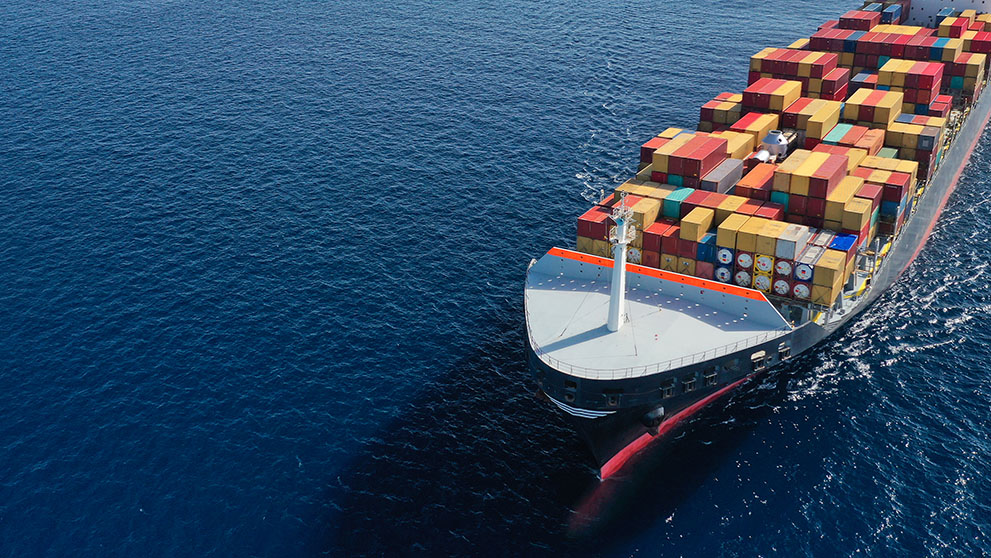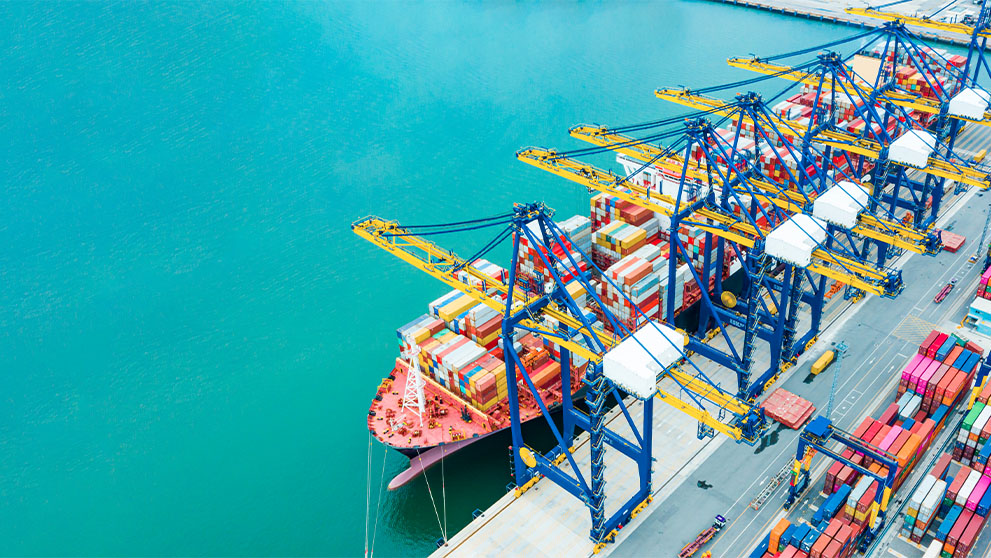As the trade relationship between New Zealand and Taiwan continues to flourish, businesses on both sides are discovering a wealth of opportunities for growth and collaboration. This increasing economic partnership not only opens doors for exporters in New Zealand but also invites Taiwanese businesses to explore high-quality products from Kiwi suppliers. However, dealing with the complexities of international shipping can be challenging, especially when it comes to understanding Taiwan's import regulations and customs procedures.
Therefore, this guide covers essential aspects of shipping to Taiwan, including key import regulations, necessary documentation, and best practices for ensuring compliance to help you navigate the shipping landscape effectively. By understanding these critical components, you can streamline your shipping process, reduce delays, and enhance your chances of successful market entry in Taiwan.
Taiwan's Customs Taxes and Regulations: What You Need to Know
Import Duties and VAT
When importing goods into Taiwan, businesses must be aware of import duties and Value Added Tax (VAT), which are critical components of the customs clearance process. Import duties can range from 0% to 30%, depending on the specific type of goods being exported. However, thanks to ANZTEC, New Zealand exporters may benefit from reduced or eliminated tariffs on many products.
In addition, a standard VAT of 5% is levied on most imports, calculated based on the total customs value, including the cost of goods, insurance, and freight. Therefore, understanding these financial obligations is essential for budgeting and pricing strategies when shipping to Taiwan.
Furthermore, correctly classifying goods using the Harmonized System (HS) code is crucial for determining accurate import duties. Misclassification can lead to incorrect duty assessments and potential delays, underscoring the importance of thorough research and diligence in this area.
Restricted and Prohibited Items
In addition to understanding taxes, it’s vital to be aware of Taiwan's customs regulations regarding restricted and prohibited items to ensure compliance. Restricted items, such as alcohol, animal products, and pharmaceuticals, require special licenses or permits for import. For example, importing alcohol may necessitate adherence to specific quotas and regulations, while animal products often demand health certifications.
On the other hand, prohibited items—such as counterfeit goods, firearms, and obscene material—are strictly banned from importation into Taiwan. Therefore, businesses must emphasize the necessity of obtaining the appropriate licenses for restricted items while avoiding prohibited goods altogether. This proactive approach not only mitigates legal risks but also ensures a smoother shipping experience.
Key Shipping Documents for New Zealand Exporters
- Commercial Invoice: The commercial invoice is a formal agreement between the buyer and seller and contains essential details. The document has the names and addresses of both parties, a thorough description of the products in the parcel being sent to Taiwan, their corresponding Harmonized System (HS) codes, and the total value of the transaction. This document facilitates payment and serves as a basis for customs clearance, making it essential to ensure that all information is accurate and complete.
- Packing List: Another vital export document is the packing list, which provides a detailed inventory of the goods being shipped. This list plays a major role in ensuring smooth customs clearance, as it helps customs officials verify the contents of the shipment as mentioned on the commercial invoice. Moreover, a well-prepared packing list aids in efficient handling and storage, making it easier for logistics providers to manage the cargo during transit. Including information such as item quantities, weights, and packaging types enhances transparency and reduces the risk of discrepancies.
- Bill of Lading/Air Waybill: The bill of lading and air waybill are essential documents that function as contracts of carriage between the shipper and the carrier. These documents outline the terms of transport and serve as proof of ownership for the goods being shipped. The bill of lading includes details such as the shipper’s and consignee’s information, a description of the cargo, and shipping instructions, while the air waybill serves a similar purpose for air transport but generally cannot be transferred to another party. Both documents are critical for tracking shipments and resolving any problems during transit.
- Certificate of Origin: A certificate of origin is another important document that verifies the origin of the products being exported. This certificate is particularly valuable when taking advantage of free trade agreements (FTA), as it can reduce or eliminate tariffs on goods entering certain markets. By providing proof of origin, exporters in New Zealand can ensure compliance with trade regulations and potentially enhance their competitive edge in the international market. Therefore, obtaining a certificate of origin should be prioritized in the shipping process.
- Other Relevant Documents: In addition to the key documents, exporters may need to prepare other relevant paperwork based on the nature of the goods being shipped. For instance, agricultural products often require phytosanitary certificates to ensure they meet health and safety standards. Similarly, certain goods may need specific import licenses or permits to comply with customs regulations in Taiwan. Being aware of these additional requirements and preparing the necessary documentation can significantly streamline the shipping process and prevent delays at customs.
Specific Considerations for Shipping to Taiwan
When preparing shipments to Taiwan, effective packaging is essential to ensure safe and secure transport from New Zealand. General tips include using sturdy, high-quality packaging materials that can withstand the rigors of international shipping, such as double-walled boxes and bubble wrap for added protection.
Additionally, for fragile or sensitive items, it's crucial to use cushioning materials like foam or air-filled packaging to prevent damage during transit. In this context, DHL Express offers a comprehensive range of packaging solutions designed to create a competitive advantage for businesses. Our agile and flexible packaging services, powered by DHL Supply Chain, help reduce complexity and risk by consolidating packaging and warehousing under one roof.
With recognized operational excellence, experienced packaging specialists, and technology that enhances visibility, we can adapt to changing market needs while driving speed to market. Moreover, our commitment to sustainable packaging helps reduce environmental impact and ensures high ethical and quality standards.
Labeling Requirements
Clear and accurate labeling is vital for shipments being sent to Taiwan, as it ensures compliance with customs regulations and facilitates efficient handling throughout the shipping process. Each package should prominently display essential product information, including descriptions, quantities, and HS codes, alongside consignee details to ensure proper delivery.
Furthermore, any necessary warning labels, especially for hazardous materials, must be included to comply with safety standards. By paying close attention to labeling requirements, businesses can reduce the risk of delays at customs and ensure a seamless transition through the supply chain, ultimately leading to higher customer satisfaction.
DHL Express: Simplifying Your Shipping Experience
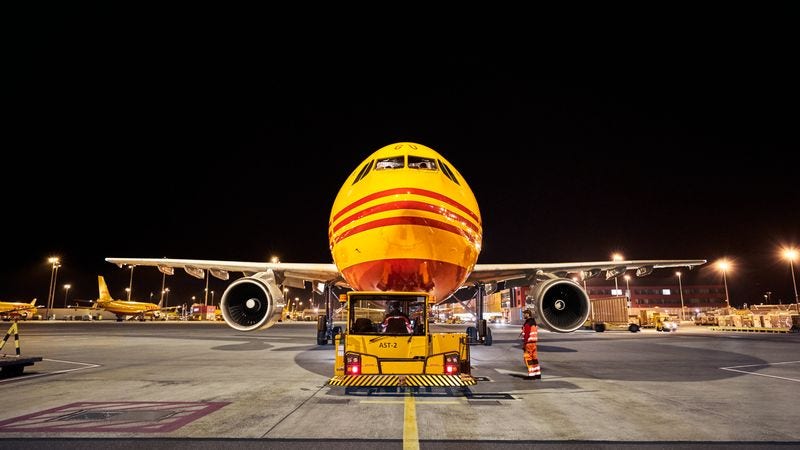
DHL Express excels in simplifying the shipping process, particularly when it comes to dealing with Taiwan's customs regulations. With our deep understanding of local laws, we provide expert assistance for smooth customs clearance,minimizing delays and ensuring compliance. This expertise is complemented by our extensive global network, guaranteeing fast and reliable delivery to Taiwan, and helping businesses meet critical deadlines.
Additionally, our user-friendly MyDHL+ platform enhances your overseas shipping experience by making it easy to send parcels and track shipments in real time, manage customs documentation, and access support resources whenever needed. MyDHL+ allows you to streamline your shipping operations further, ensuring you have all the tools necessary for operational efficiency at your fingertips.
Ready to take the hassle out of shipping? Contact DHL Express today to get started!











